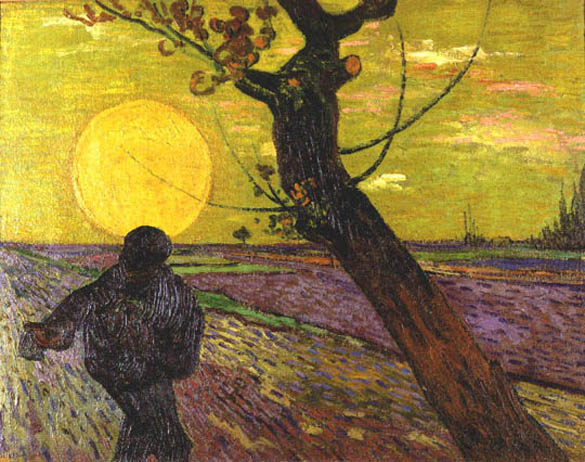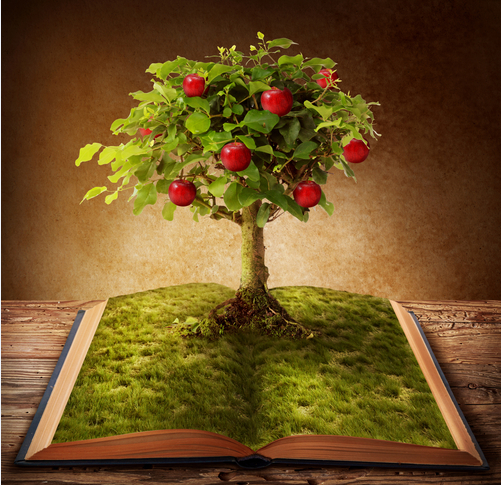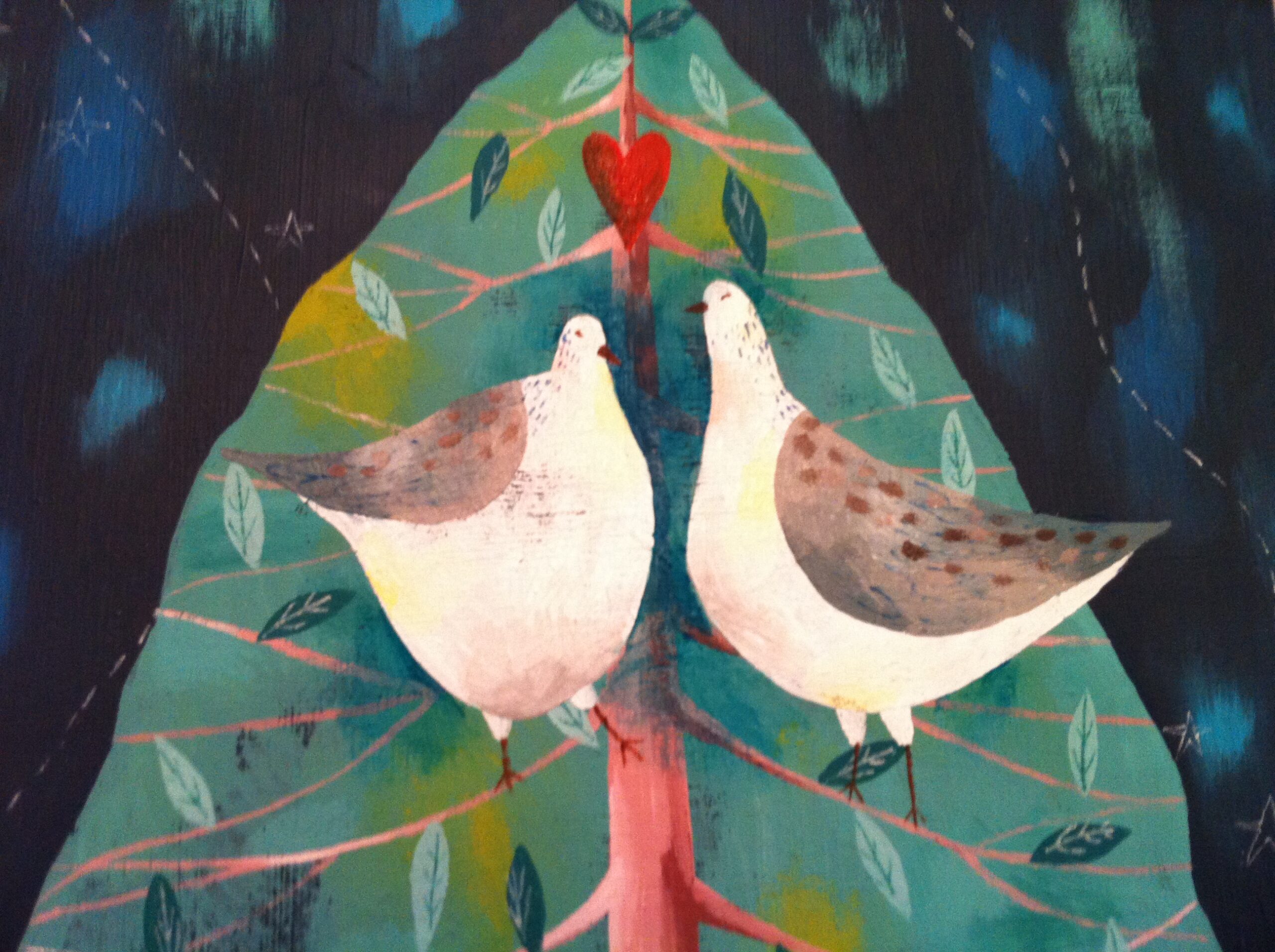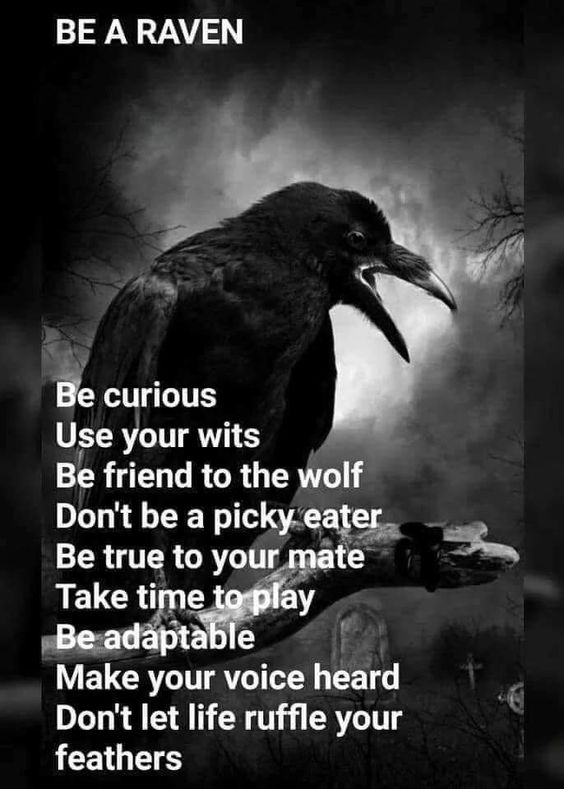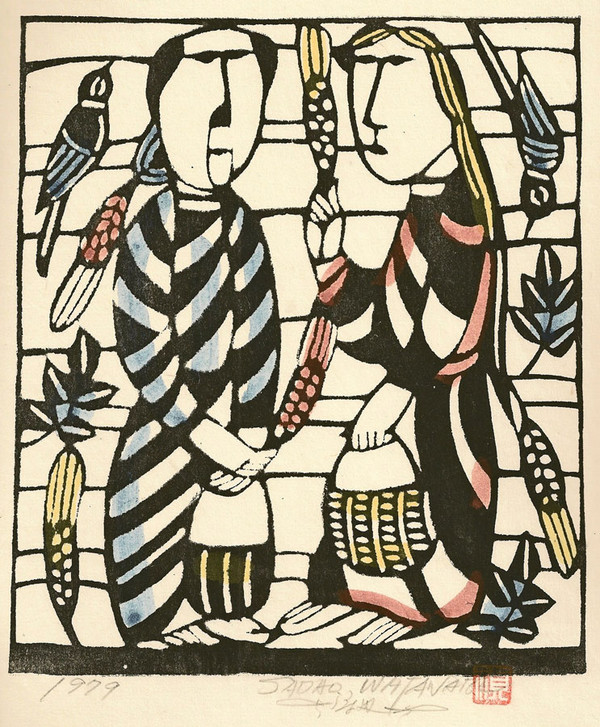Reflections on parable of the sower: themes of weeds, seeds, and many types of soil
Weeds are flowers too, once you get to know them. — A. A. Milne Every problem has in it the seeds of its own solution. If you don’t have any problems, you don’t get any seeds. —Norman Vincent Peale When people try to bury you, remind yourself you are a seed. ― Matshona Dhliwayo If […]

